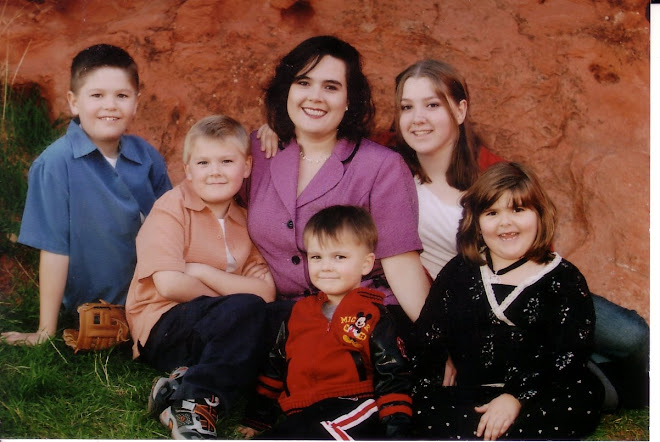As I read through the two essays about life in the 1950's titled "Looking for Work": By Gary Soto, p. 26and"What We Really Miss About the 1950's": By Stephanie Coontz, p. 31, I felt like I got a little trip back in time.
The experience in Looking for work was enjoyable. I felt like I lived a day in the life of a real live person, and had their memories and saw the silliness of the TV shows that affected just one person. Gary Soto shows how people really did want to live like the families in TV shows, yet his own experience would have also made a great TV show. As he went through the neighborhood he takes the reader up close an personal to show how life really worked. People struggled, neighborhoods were a place where people's children grew up with the influence of those around them. His neighborhood was not like the TV shows, and yet there was a feeling of security in their neighborhood. It was a community that took care of each other and shared common values and back grounds. His neighborhood was "working people" and I find it natural for children to mimick the adults. His looking for work was an adventure as well as a way of life to earn all the fun he would have as his parents didn't provide a closet full of toys. His fun was being industrious. It is interesting that he wanted to look like the families on television and yet when dinner time came around he was no better dressed than his brother for dinner. His reasons that he stated for the dressing for dinner was to have a better life and yet he still pursued the better life in a more practical way. By looking for work. I makes me wonder if his parents did a lot of looking for work. I imagine that the 1950's were a struggling time for minority families.
The other essay By Stephanie Coontz is less conversational and filled with quotes, examples and facts. Her interpretation of the facts is also very much a part of her writing. I like how she compares the 1950's to other time periods. The piece starts out with a poll that said more Americans chose the 1950's as the best time for children to grow up. My own interpretation of that fact would be very simply that is because there were so many children who did grow up in that decade. I wonder if the poll had a balanced sample. As the essay progresses and points out some facts of other time periods that were in many ways ideal it caused me to wonder further about the poll. I did like reading the information about the pop culture, television shows, the psychological insights of the 1950's which most likely influenced everything else. I think that the advancement of the technology that became available to Americans during the 1950's may have been one of the most exciting things about that decade, television in the homes of so many families being one of them. As the examples in the text pointed out the family unit was something that everyone strived for and perhaps that influenced the media and then the media influenced the families. The good economy and the advances in technology I think changed the definition of middle class. The book also points out that with or without post secondary education the money was still pretty good during that time period. And yet there were problems in that decade such as people retreating from social activism, the economy benefiting from social spending programs such as the long term mortgage backed by the government. In the hindsight of today it seems that some of that prosperity seems to have been borrowed from future generations. Stephanie Coontz points out that the response of the 1950's tranquility is the 1960's protests. I believe that she sums that up very well. I liked her style. And yet I think she and Gary Soto essentially say the same things in very different ways. They both refer heavily to the TV shows of the 1950's, the influence that had on society. The analogy of the beer ads I think was very precise. One thing that is especially interesting about the reference to the television shows is that the 1950's would be the first generation to grow up with that.
Subscribe to:
Post Comments (Atom)


No comments:
Post a Comment